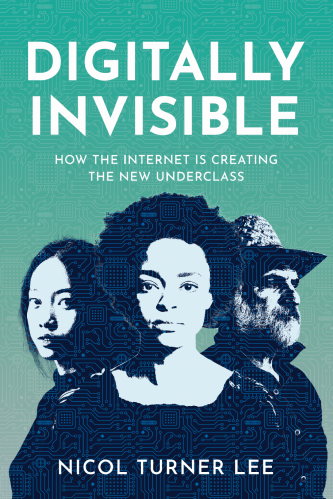Virtual reality is taking off. With the newly announced Oculus Rift, HTC Vive, the Sony PlayStation VR, Google Cardboard, Microsoft HoloLens, One Plus, and Jaunt, there are several options for those wishing to join the sector. Consumers can use the game “Eagle Flight” to fly over Paris, “The Walk” to take a tightrope that runs between skyscrapers, or “Sports Challenge” to play quarterback for a football team.
Players report stunning increases in visual resolution that bring the entertainment very close to reality. Those who have played the tightrope walking game describe how difficult it is to take that first step onto the rope, while suspended hundreds of feet off the ground, even though they know it is a fantasy experience. Observers report that people’s legs wobble as if they actually are walking the tightrope. Most participants perspire heavily and exhibit evidence of extreme nervousness as they simulate the high-wire activity.
However, what happens when virtual reality crosses into unethical territory? In a new play “The Nether” that opened this month at the Woolly Mammoth Theater in Washington, D.C., playwright Jennifer Haley explores the troubling questions that arise when the main character known as Papa uses advanced software to create a fantasy environment where adult clients molest young children and then kill them.
The play shows detective Morris quizzing Papa on the line between fantasy and reality, and the rightful boundaries of human experience. For those concerned about a Frankenstein future of misguided technology, the production raises a number of thorny questions. Should there be limits on human fantasies involving heinous thoughts? Do fantasies that remain in the private realm of someone’s brain warrant any rules or regulations by society as a whole?
More complex is the relationship between fantasy and reality. Even if the bad behavior rests solely in one individual’s private thoughts, does that thinking pose a danger to other people? For example, there is some evidence that repeated exposure to pornography is associated with harmful conduct towards women and that it legitimizes violent attitudes and behaviors. Does that evidence mean we should worry about misogynistic or violent virtual reality experiences? Will these “games” make it more acceptable for people to engage in actual harmful behaviors?
For privacy buffs, there is another interesting angle on this production. In light of the ongoing battles between government agencies and a number of web hosting firms and Internet providers, should those suspected of engaging in questionable activities be compelled to reveal the location and contents of their computer file servers? What kind of evidence constitutes the grounds for search and seizure? Does participation in violent fantasy games cross the line into activities society should limit? Currently, there are limits on children purchasing violent games but not adults. For the latter, the societal norm remains libertarian in nature.
As the world moves towards a future based on virtual reality, artificial intelligence, and machine learning, we have to think about where to draw virtual lines, what kinds of situations are problematic, and how to recraft our laws, regulations, and policies for the digital world. Digital technology is not just a new platform, but a new mechanism for people to connect with one another. There are many legal and ethical issues to resolve as we grapple with emerging technologies.



Commentary
The ethical dilemmas of virtual reality
April 18, 2016